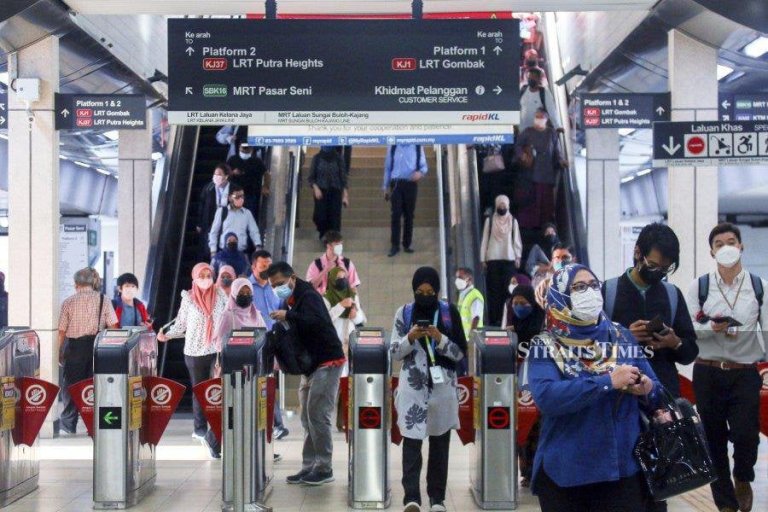By Nur Zalikhaa’ Zainal Abidin, Research Analyst (Intern), Institut Masa Depan Malaysia
MALAYSIA is viewed as progressive where gender equality and advancing women’s rights are concerned.
The government has supported women’s empowerment and will continue to do so. Despite the progress, however, several issues and challenges exist, and data suggest disparities and shortfalls.
Figures by the All-Women’s Action Society (Awam) and PantauPRU15 show that in the last general election, 7.3 million women made up 50.4 per cent of registered voters but only 251 out of 2,333 candidates were women.
And only 10.76 per cent of ministerial positions were held by females.
Despite women making up about half the number of voters in the country, Malaysia is still among the nations with the lowest proportion of female parliamentarians.
The World Economic Forum’s Global Gender Gap Index 2022 ranked Malaysia 103rd out of 146 countries, while our neighbours Singapore ranked 49th, Thailand 79th and Indonesia 92nd.
Malaysia had high scores in women’s access to health and education but their political participation is far behind.
Rwanda is the world’s leading country with the most number of women in government positions. The latest edition of the “Women in Parliament” report by the Inter-Parliamentary Union stated that 61 per cent of the country’s parliamentary seats were occupied by women.
The report also ranked Rwanda sixth in female participation in government, with women holding 50 per cent of ministerial positions.
Where are we headed in empowering women in politics? With a low percentage of female politicians, how can the voices of women be heard more in this country?
The women’s wings of political parties in this country often play a vital role in the success of a political party’s campaigns and programmes. Their outreach programmes seem to be far better and efficient than their male counterparts.
The Women, Family and Community Development Ministry’s plan to enhance the participation of women in politics since 2004, should be relooked.
The government then agreed to a policy of at least 30 per cent of top decision-makers should be women, but there is no further action in acknowledging the gender gap in politics.
In the last two Malaysia Economic Plans, women’s empowerment was not incorporated as a stand-alone focus area but was absorbed under broad strategies which could not address the distinct needs of women.
It is time to enhance women’s participation in politics by closing the gender gap and pushing girls’ and women’s rights in the political process. Of course, this requires cross-cutting approaches to national and local issues and action from key institutions.
To progress for all, many constituents must work together — government, civil society, academia, media, local communities and the private sector — to eliminate structural and legal obstacles that hinder women’s participation in politics and decisionmaking.
In addition, a safe and conducive environment for women to participate in politics at all levels should be created to enable them to act without fear of physical, emotional or online violence and harassment.
According to McKinsey Global Institute, investing in girls and women creates a ripple effect that yields multiple benefits, not only for individual women but also for families, communities and countries.
Studies show that increasing women’s participation in politics leads to greater investments in education, and companies with females on its boards boast higher returns on investment.
Research also suggests that gender balance in the political sphere promotes gender balance in the workforce, which could double global gross domestic product growth by 2025.
This effort is reinforced and amplified through the inclusion of long-term women’s empowerment strategies in the Malaysia Plans, both in the social and economic context.
These goals must reflect the spirit of the Shared Prosperity Vision 2030 to restructure the economy for fair and equitable distribution to all, and address economic disparities so that no one is left behind.
Image: https://assets.nst.com.my/images/articles/Gender0211_1667319072.jpg




